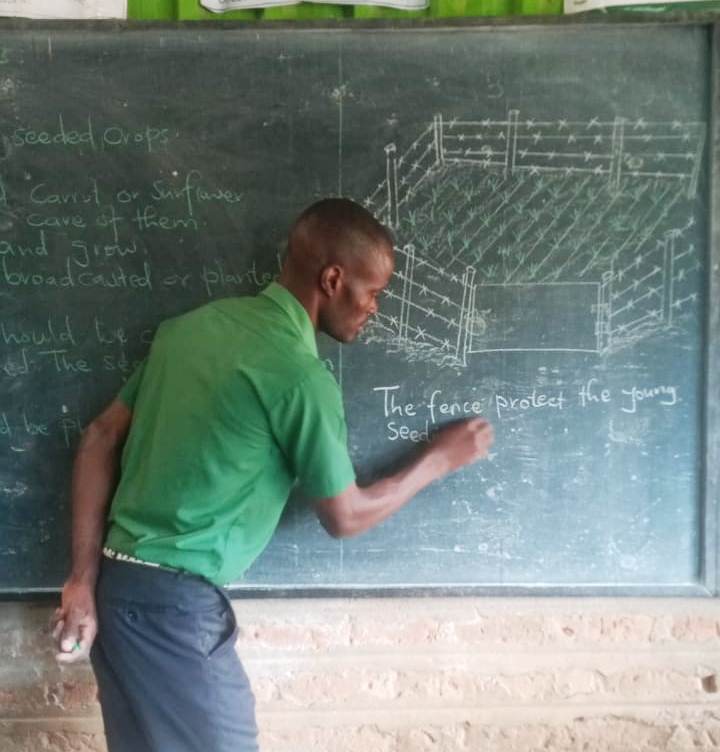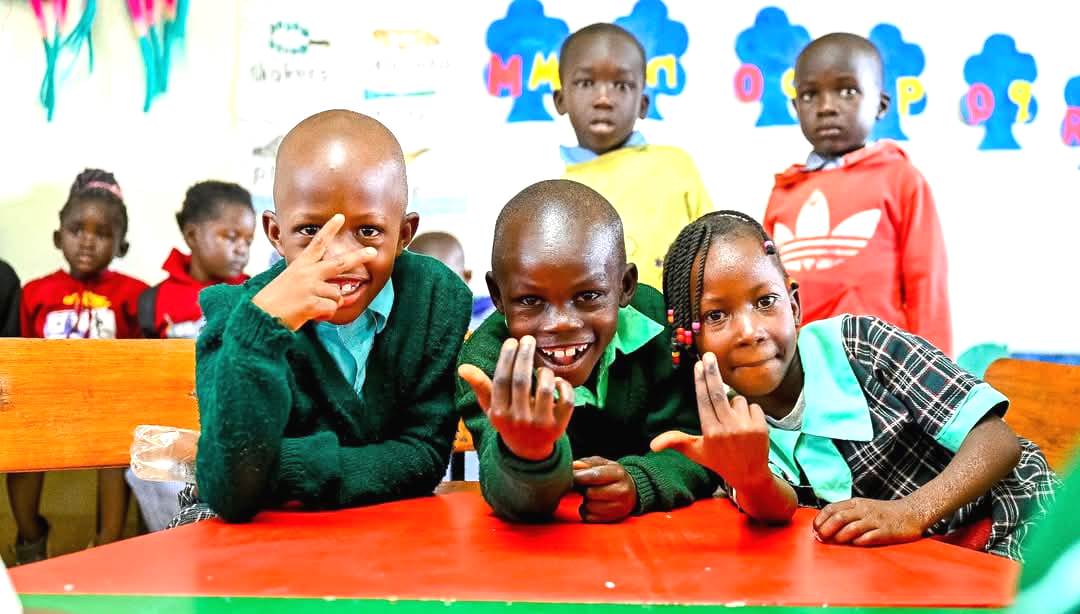By Kevin Ogutu
In December 2017, the Ministry of Education (MoE) rolled out a new education system; the Competency-Based Curriculum (CBC) to replace the old 8-4-4.
The biggest selling point of CBC was that it would emphasize excellence and competitiveness as opposed to competition for examination grades that the 8-4-4 “emphasized”.
CBC has also been lauded for being more of knowledge and skills application model through creativity, innovation and problem-solving, while the 8-4-4 is more of content memorization and reproduction during examinations.
Moreover, a CBC teacher facilitates learners to construct their own knowledge and skills through exposure to challenging situations and experiences, contrary to 8-4-4 where the teacher is the main source of knowledge with learners being more of passive participants.
By August 2022, however, some experts had warned that CBC would collapse on 23rd January 2023, if everything went according to script, there being no specific direction the system was taking.
The fears were alleviated on December 1, 2022 when President William Ruto directed that the Junior Secondary School (JSS) be domiciled in the existing primary schools.
This served to save the face of government which, unlike the private sector, had not put in place the infrastructure for the Grades 7, 8 and 9.
The missing ‘science’ in CBC
One of the ignored pioneer brains in learning revolution in Kenya, and probably one of the origins of the CBC, is Prof Humphrey Oborah, the Secretary General of the World Talent Federation (WTF).
He is a proponent of Talent-Based Learning, which is pegged on the innate natural talents of individual pupils or learners.
According to him, the CBC substratum is not different from 8-4-4 because beyond ‘symptoms’ of talent like competence and passion, teachers and parents have no scientific way of extracting metric values of the pupils, which can be used for career prediction.
Prof Oborah uses modern Anthropo-Biometric Kits (3-D optical sensing equipment) that are able to extract human metric values which he analyses and is able to predict careers some 20-30 years in advance.
This provides a lot of value since parents and teachers will know where to put money, time and effort in advance; unlike the current situation that uses mere guesswork.
The international talent expert has managed to get 29 donated Anthropo-Biometric Talent Clinic kits (each worth USD 170,500) for Africa and set up seven such deliberately in talent clinics in Kisumu, Nairobi, Mombasa, Eldoret, Mombasa, Meru and Trans-Nzoia.
Through the machine and the large online database from the World Talent Federation, he can accurately predict the future career of a 4 or 5-year old kid 20 to 30 years in advance.
No one knows why the drafters of CBC did not find the need to incorporate this into the new curriculum so that the future careers of the kids can be identified at a young age, with the advantage of saving parents from paying fees for the ‘wrong’ courses.
Learning and product styles
An Anthropo-Biometric machine brings out a child’s learning and product style. Learners will always have preferred learning and product styles, which you will never hear in our education systems yet it should even be obvious and logical to many.
Knowing a child’s learning style will not only help the parents and the learner in question, but the teachers as well.
With the employment of the machine, teachers will understand and appreciate the diversity in learning styles which are unique to individuals.
There are those who will comfortably learn in ‘noisy’ backgrounds, (for instance while listening to music), while there are those who will want dead silence. You cannot establish this using your naked eye as a teacher or parent.
Talent domains and potential giftedness
A glimpse at the confidential reports produced for this writer’s child reveals an in-depth analysis of the child’s metric values that finally unearths talent domains and potential giftedness.
By reading the report as a parent, you will feel the full knowledge of who your child is ahead of any investment. Teachers will also know the child better and will be able to craft out a better development plan of the identified career.
Particularly, the report will also help teachers develop personal files for each pupil, given the uniqueness among humans that is seen even among twins.
While CBC has all the good intentions that have come with it, infusing it with science will go a long way in helping parents understand them better.
As it is today, CBC seems to have hit a dead end as the original objectives are not what are being discussed. The reasons for changing the curriculum have been thrown out and people are now discussing the problems around it.
Kevin Ogutu is a multimedia journalist





